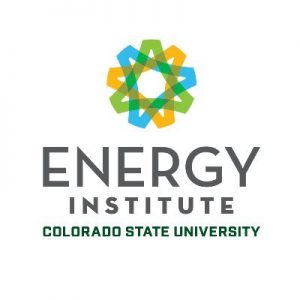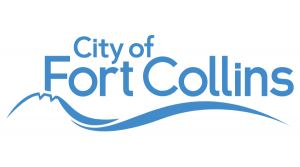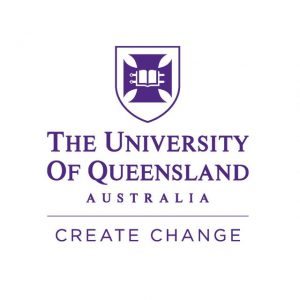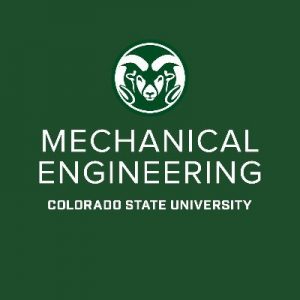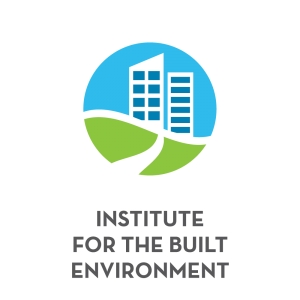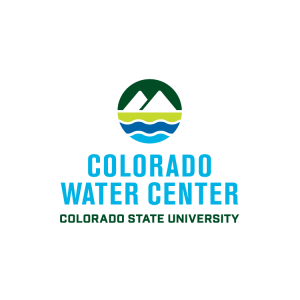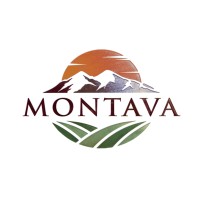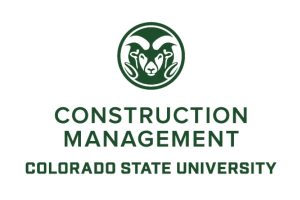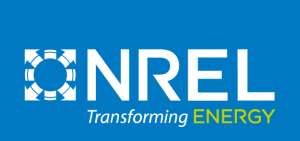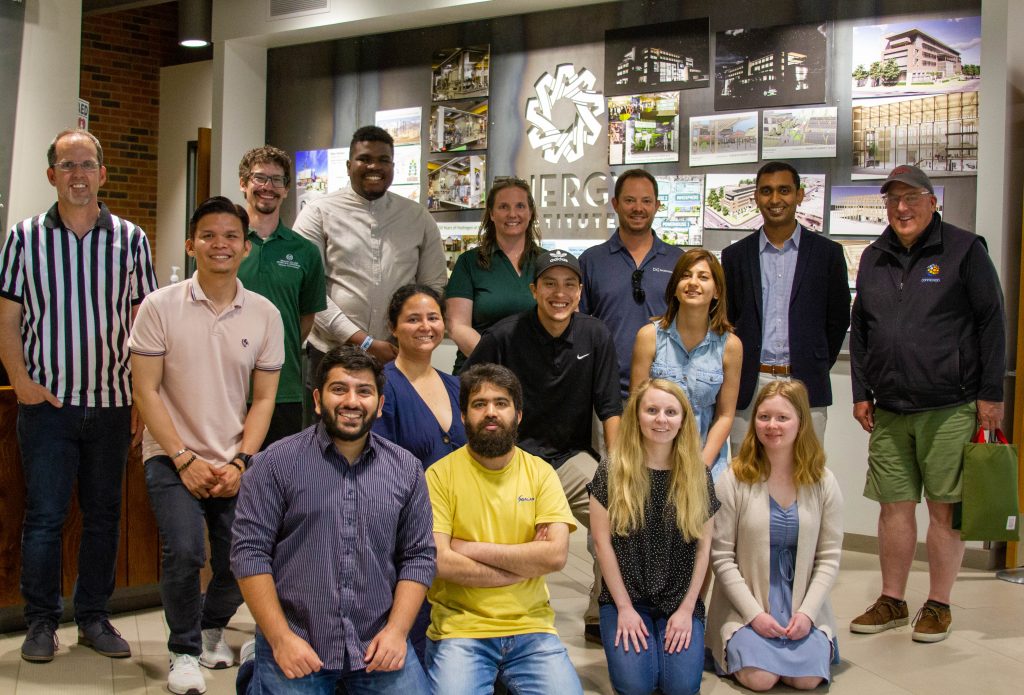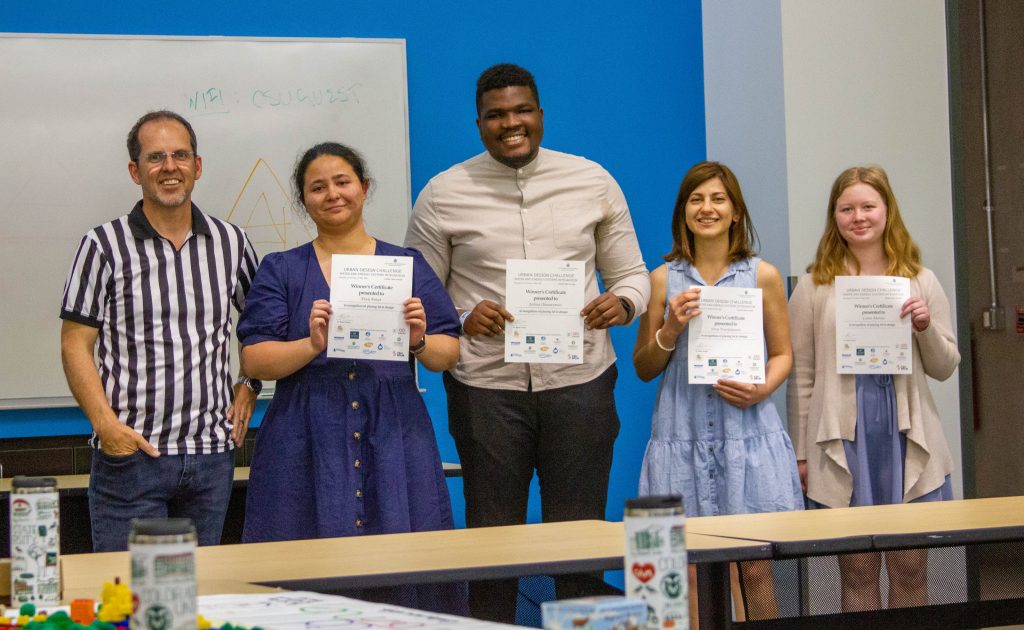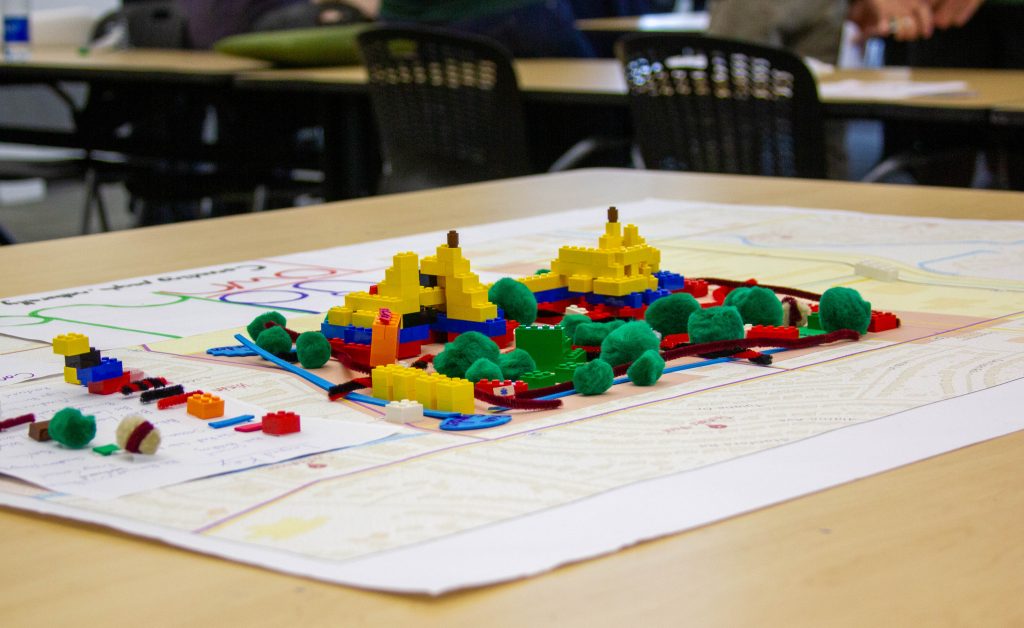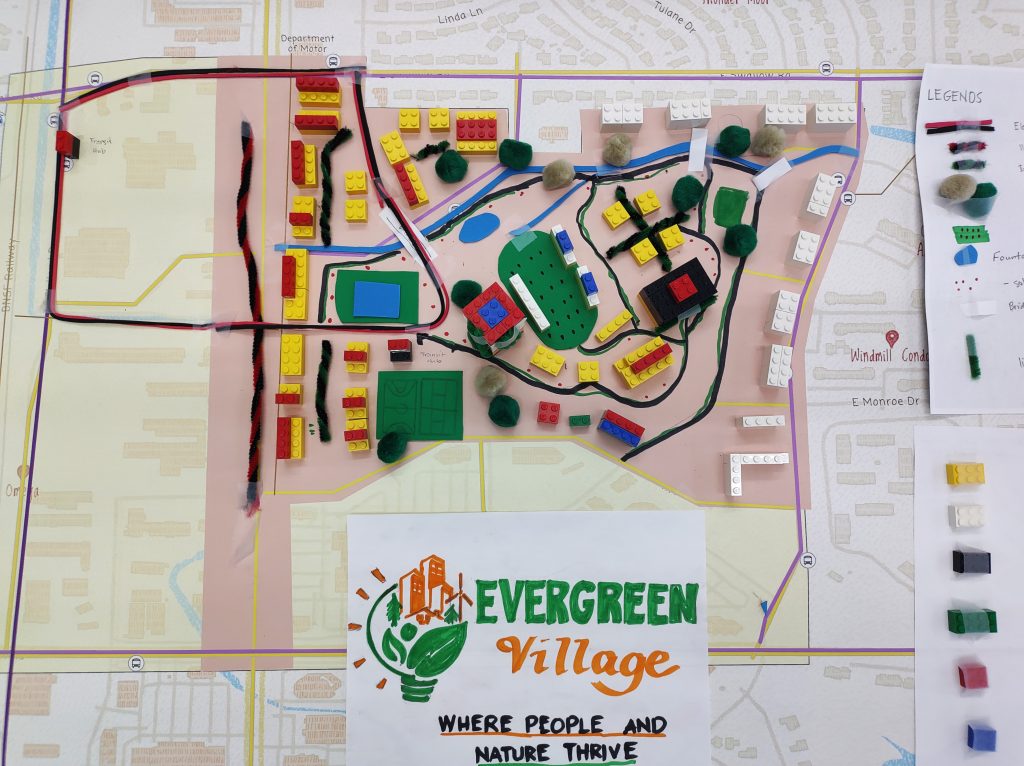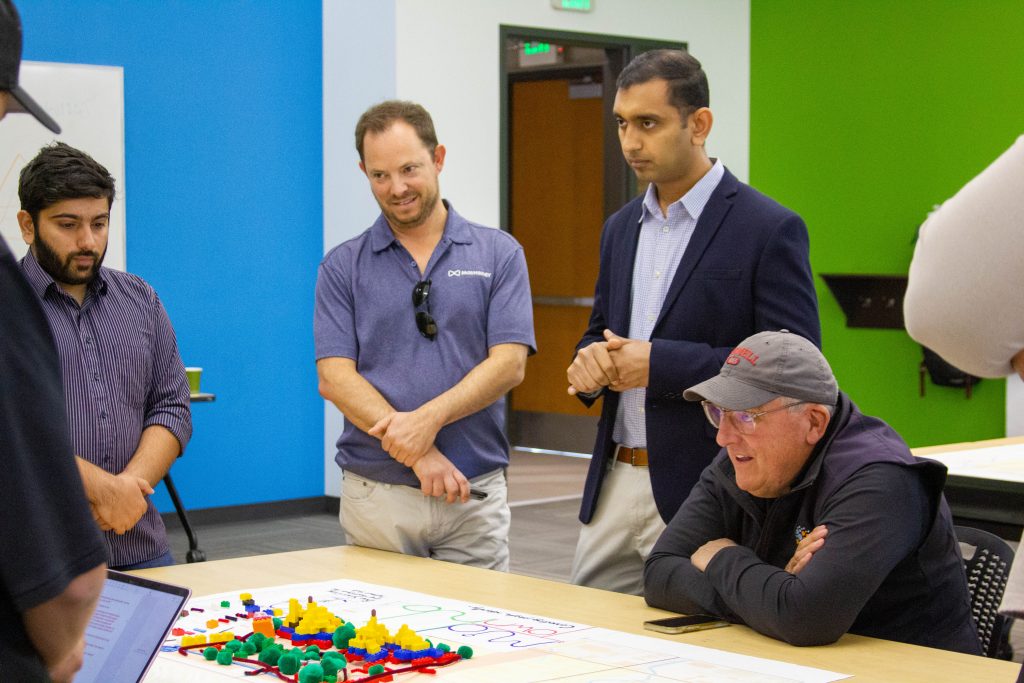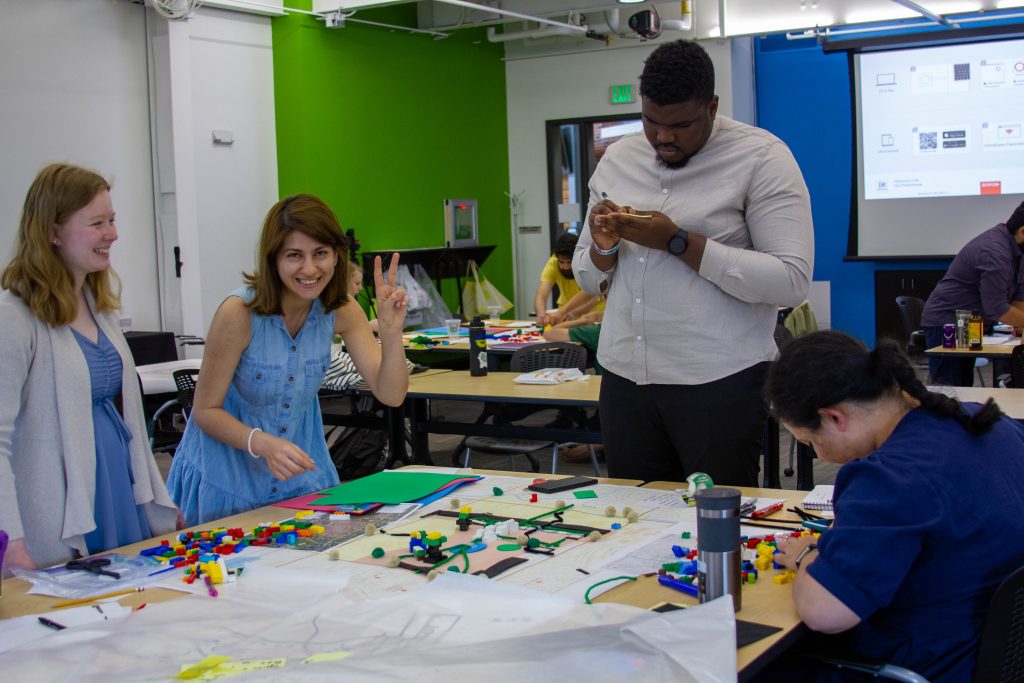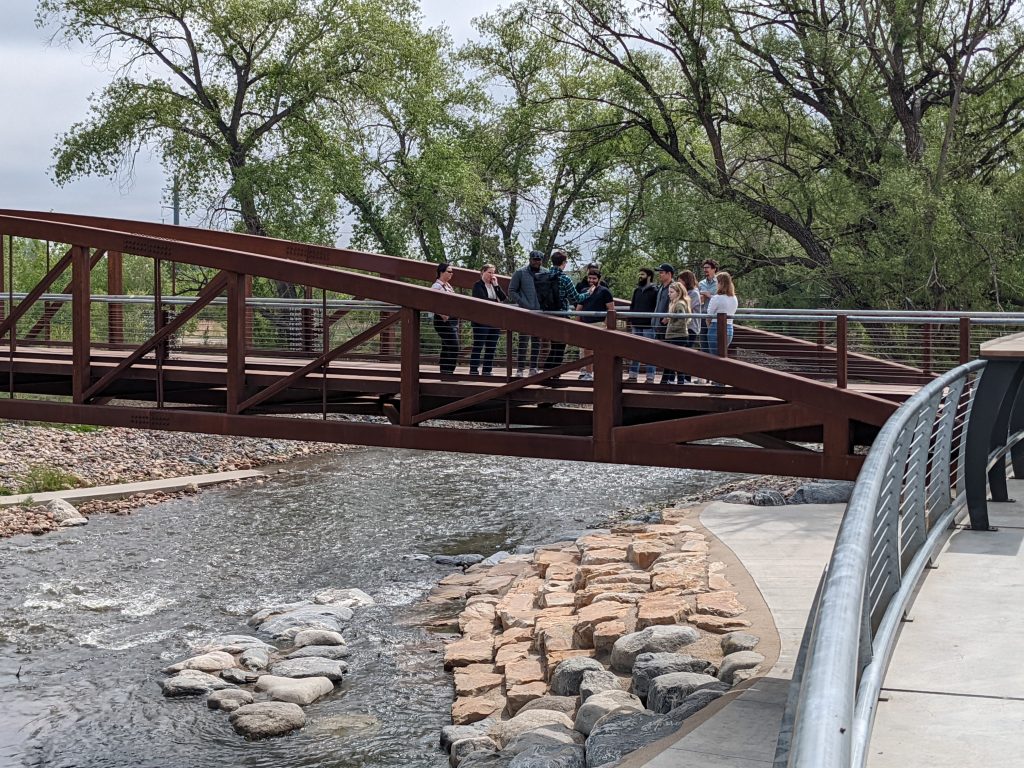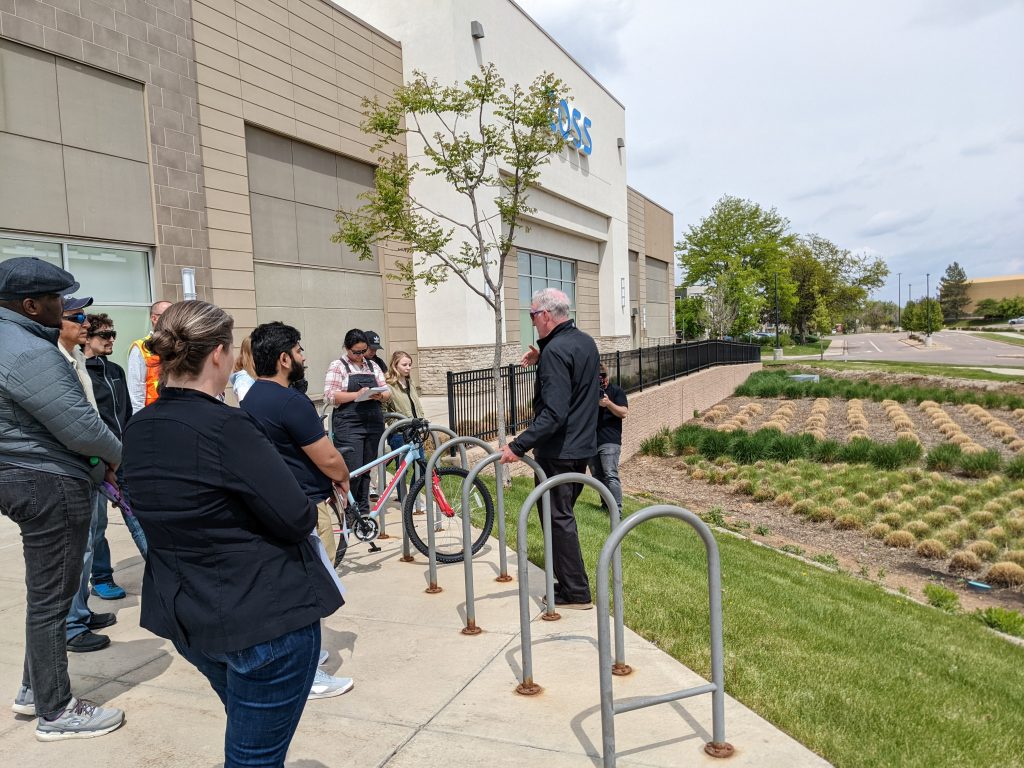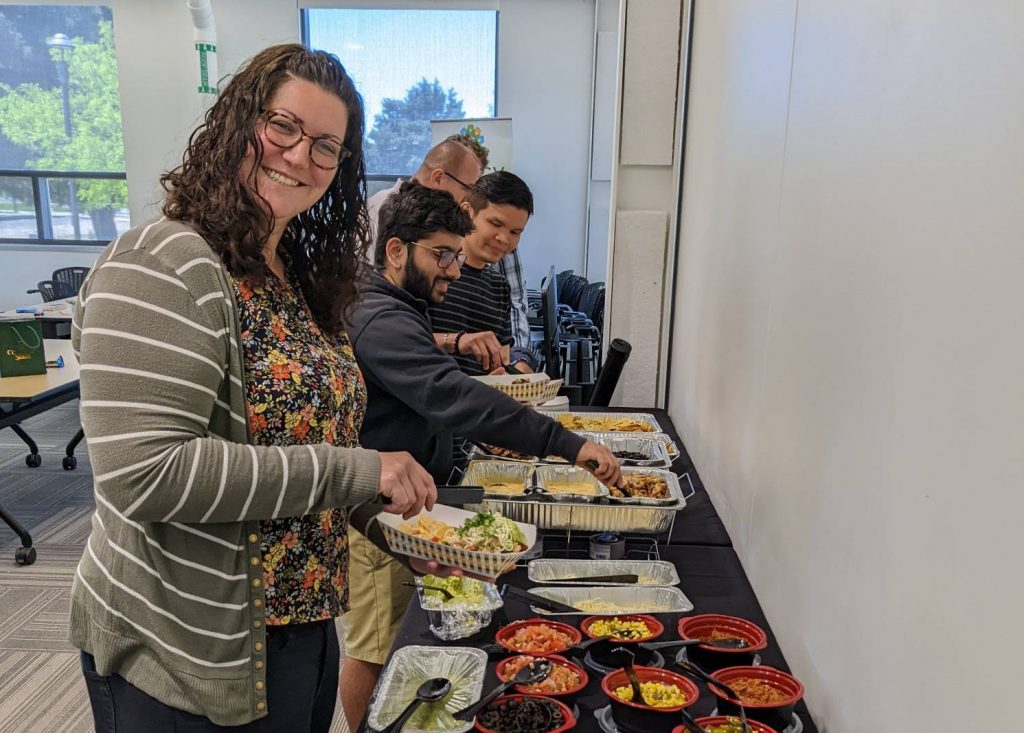Water Energy Systems Integration Urban Design Challenge
Contact us if you are interested in being notified of next Water Energy Urban Design Challenge.
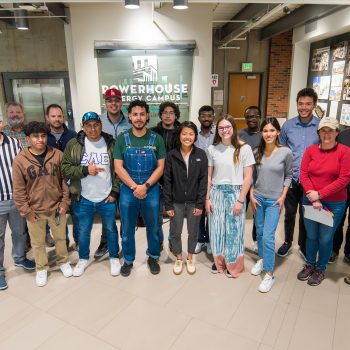
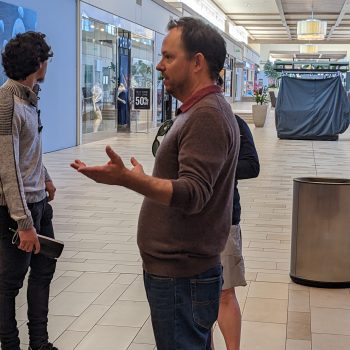
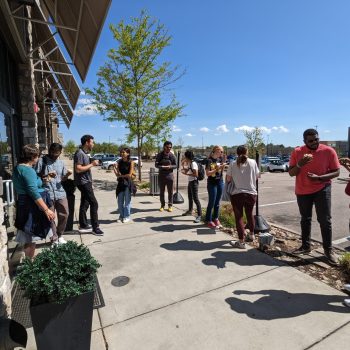
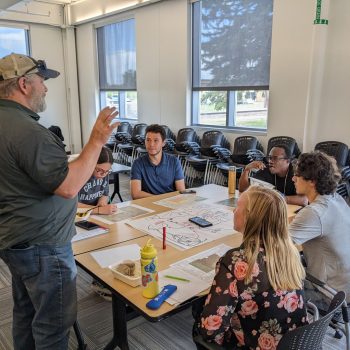
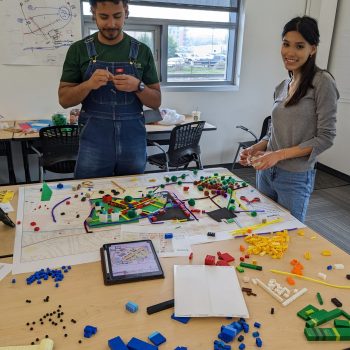
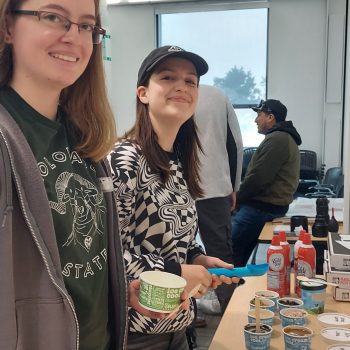
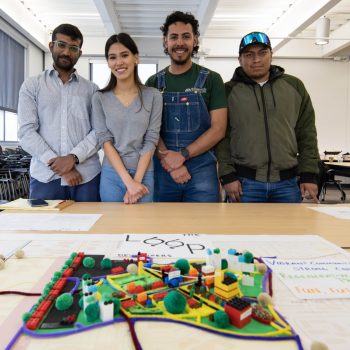
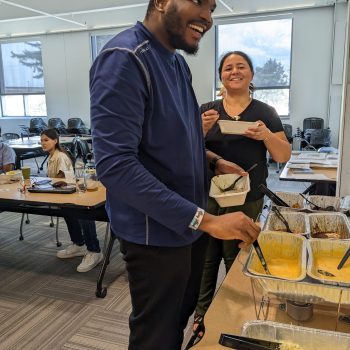
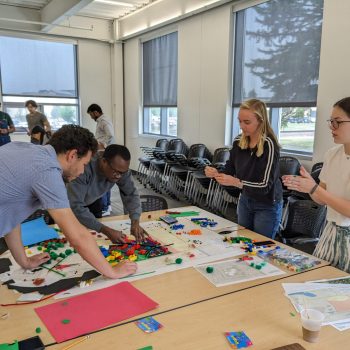
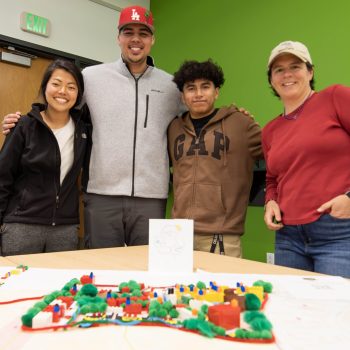
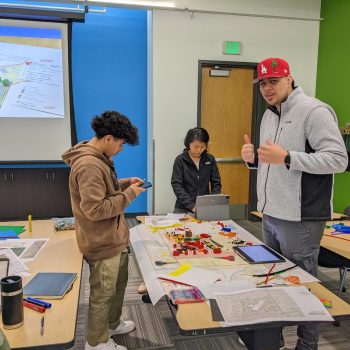
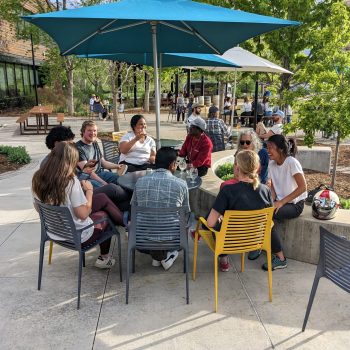
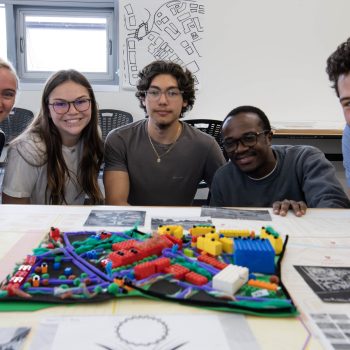
As the world’s population continues to grow, how do we ensure cities are more sustainable, resilient, and resource efficient?
These questions, coupled with the challenge of integrating water and energy systems into city infrastructure, guide the week-long Water-Energy Integrated Systems Urban Design Challenge (WEUDC) hosted by Steve Conrad, associate professor of systems engineering.
The WEUDC is an interdisciplinary simulation gaming concept that helps actors discuss opportunities for future plans and integration of water and energy systems in cities. The WEUDC is an exercise whereby participants are guided through development of urban renewal project largely with mixed residential and commercial elements. Participants receive specific parameters for a development site and are asked to design a next-generation, leading sustainable development incorporating extensive integrated water and energy management approaches to cover the community needs. Participants are also expected to create great places for people to live and play.
The second Colorado State University UDC took place May 15 – 19, 2023 at the Powerhouse Energy Campus and brought together students from across campus and local industry partners for a hands-on challenge.
2023 Challenge themes
1. Low impact water systems – innovative solutions are needed to manage and minimize surface water flows from and within urban developments. How do we develop systems that that use or mimic natural processes to manage the infiltration, evapotranspiration or use of water flows in order to address impacts on water quality and associated natural habitats?
2. Regenerative energy systems – Regenerative energy systems challenge the paradigm of energy supply and demand to create net positive energy communities. How can we look the synergies of renewable energy, circular systems, grids, building systems, and energy recovery to create energy contributing communities?
3. Circular land use – Circular land use management primarily focuses exploiting the potentials of existing structures and reusing built land. How can we work to reduce the demolish and rebuilt cycle of construction and look to circular reuse systems.
Intersecting all these themes is a need to develop smart and connected communities to enable innovate solutions,
Challenge Resources
